The GSM CDMA WCDMA TD-SCDMA 3G/4G Disk Antenna with 3m Cable and 1.5m SMA male connector is a versatile antenna solution for cellular connectivity projects that require compatibility with multiple network types. Here’s a breakdown of its specifications and functionalities:
Supported Networks:
- GSM: Stands for Global System for Mobile Communications, a widely used standard for mobile voice and text services.
- CDMA: Stands for Code Division Multiple Access, another mobile network technology used for voice and data transmission.
- WCDMA: Stands for Wideband Code Division Multiple Access, a 3G cellular network technology offering faster data speeds than GSM or CDMA.
- TD-SCDMA: Stands for Time Division Synchronous Code Division Multiple Access, a 3G cellular network technology primarily used in China.
- 3G/4G: Indicates compatibility with both 3G and potentially 4G networks (depending on the specific antenna model). Not all antennas within this category might support all 4G bands.
Form Factor:
- Disk Antenna: This refers to the antenna’s flat, disc-shaped design. These antennas are generally known for their omnidirectional radiation pattern, meaning they receive signals equally well from all directions.
Cable and Connector:
- 3m Cable: Provides flexibility in positioning the antenna for optimal signal reception.
- 1.5m SMA Female Connector: SMA is a common type of connector for RF (radio frequency) devices. The female connector allows you to attach the antenna to a device with a male SMA connector.
Applications:
- Cellular signal boosting for mobile phones, cellular hotspots, or IoT devices in areas with weak signal strength.
- Projects requiring cellular connectivity for data transmission or remote control (e.g., robotics, industrial automation).
Advantages:
- Wide Network Compatibility: Supports a broad range of cellular networks, making it suitable for various projects.
- Omnidirectional Radiation Pattern: Provides signal reception from all directions, eliminating the need for precise antenna orientation.
- Convenient Cable Length: The 3m cable offers placement flexibility for finding the best signal location.
Considerations:
- Gain Rating: The gain rating (not specified) is a crucial factor in signal strength improvement. Higher gain antennas are better for weaker signals, but might require proper positioning for optimal performance.
- 4G Compatibility: While labeled 3G/4G, verify if the specific antenna model supports the 4G bands you need (e.g., LTE bands used by your carrier). Consult the product specifications or datasheet for details.
- Directional Needs: Omnidirectional antennas are great for general use, but if you have a strong signal coming from a specific direction, a directional antenna might be more effective.
If you can provide more information about your project’s specific cellular network requirements and signal strength needs, I can help you assess if this antenna is a good fit.
Be the first to review “GSM TD-SCDMA sucker Antenna – 1.5m SMA male” Cancel reply
You must be logged in to post a review.
SKU: 2525
Category: Navigation/Antennas
Related products
Products
-
 20mm EC11 Rotary Encoder
KSh 140.00
20mm EC11 Rotary Encoder
KSh 140.00
-
 6 pin (3 state ) rocker switch 6A 250V
KSh 100.00
6 pin (3 state ) rocker switch 6A 250V
KSh 100.00
-
 MAX485 TTL to RS-485
KSh 150.00
MAX485 TTL to RS-485
KSh 150.00
-
 Ball head 16mm Self-resenting Switch button
KSh 200.00
Ball head 16mm Self-resenting Switch button
KSh 200.00
-
 ESP8266MOD ESP12E
KSh 1,000.00
ESP8266MOD ESP12E
KSh 1,000.00

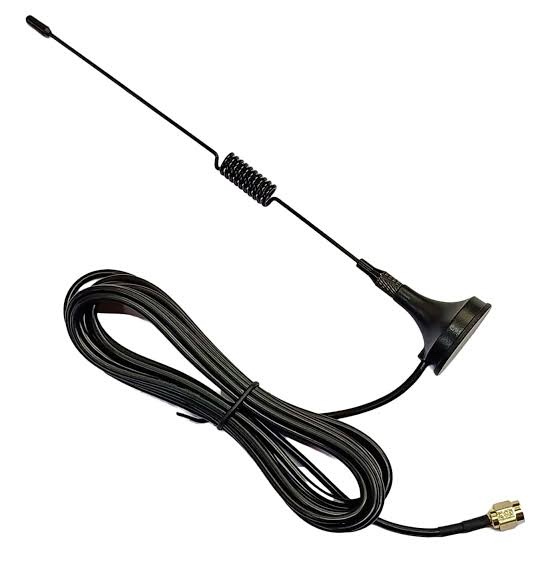
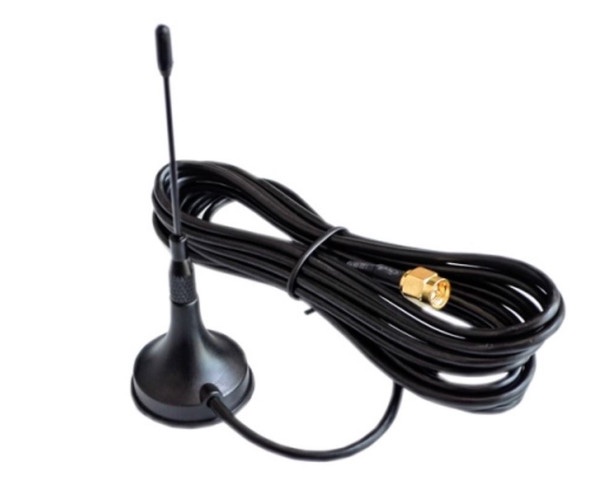
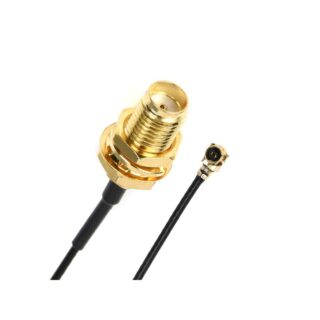
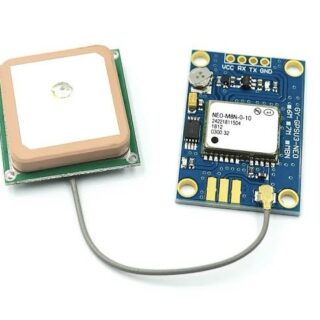
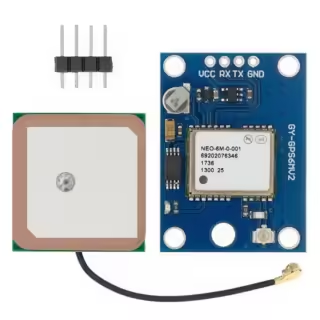
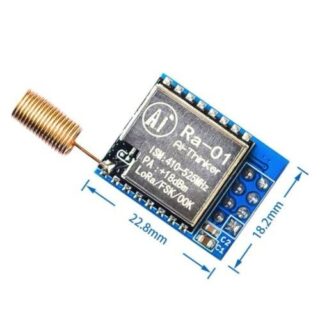
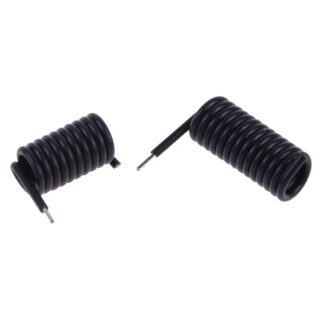
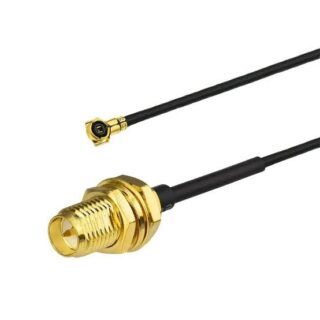
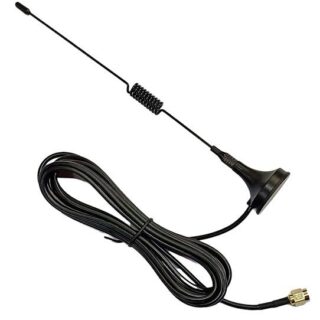
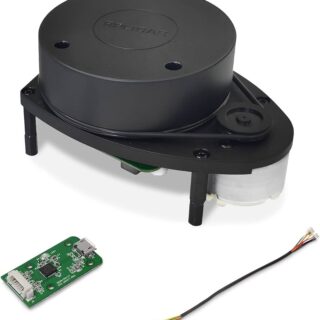
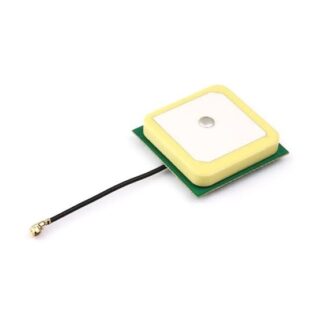
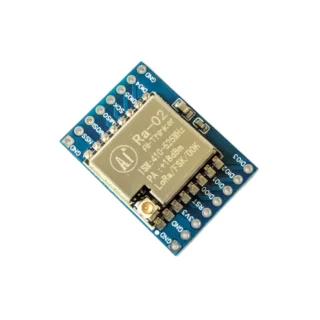
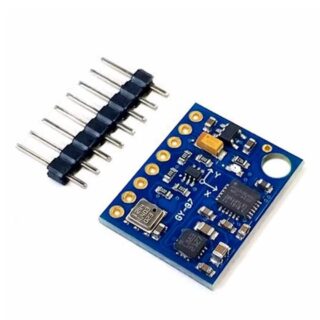
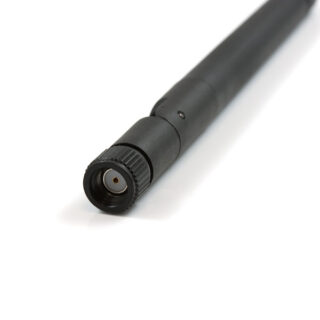
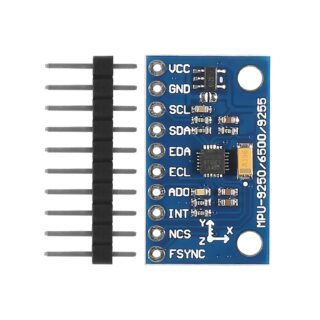
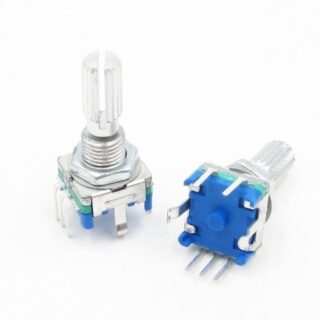
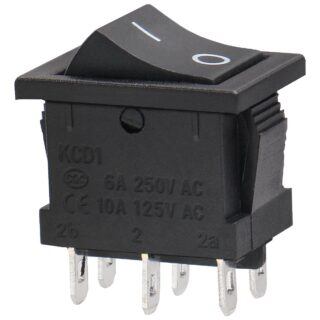
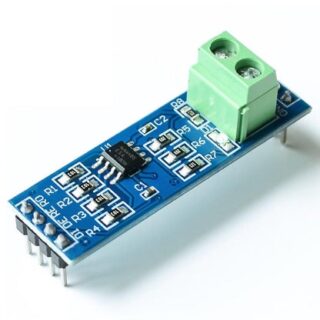
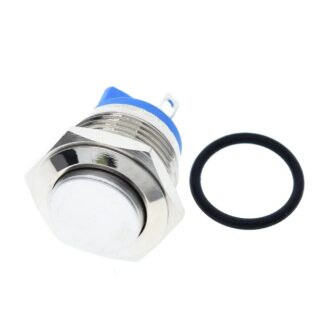
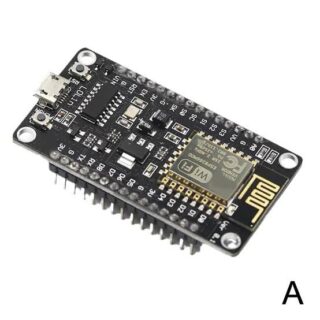
Reviews
There are no reviews yet.